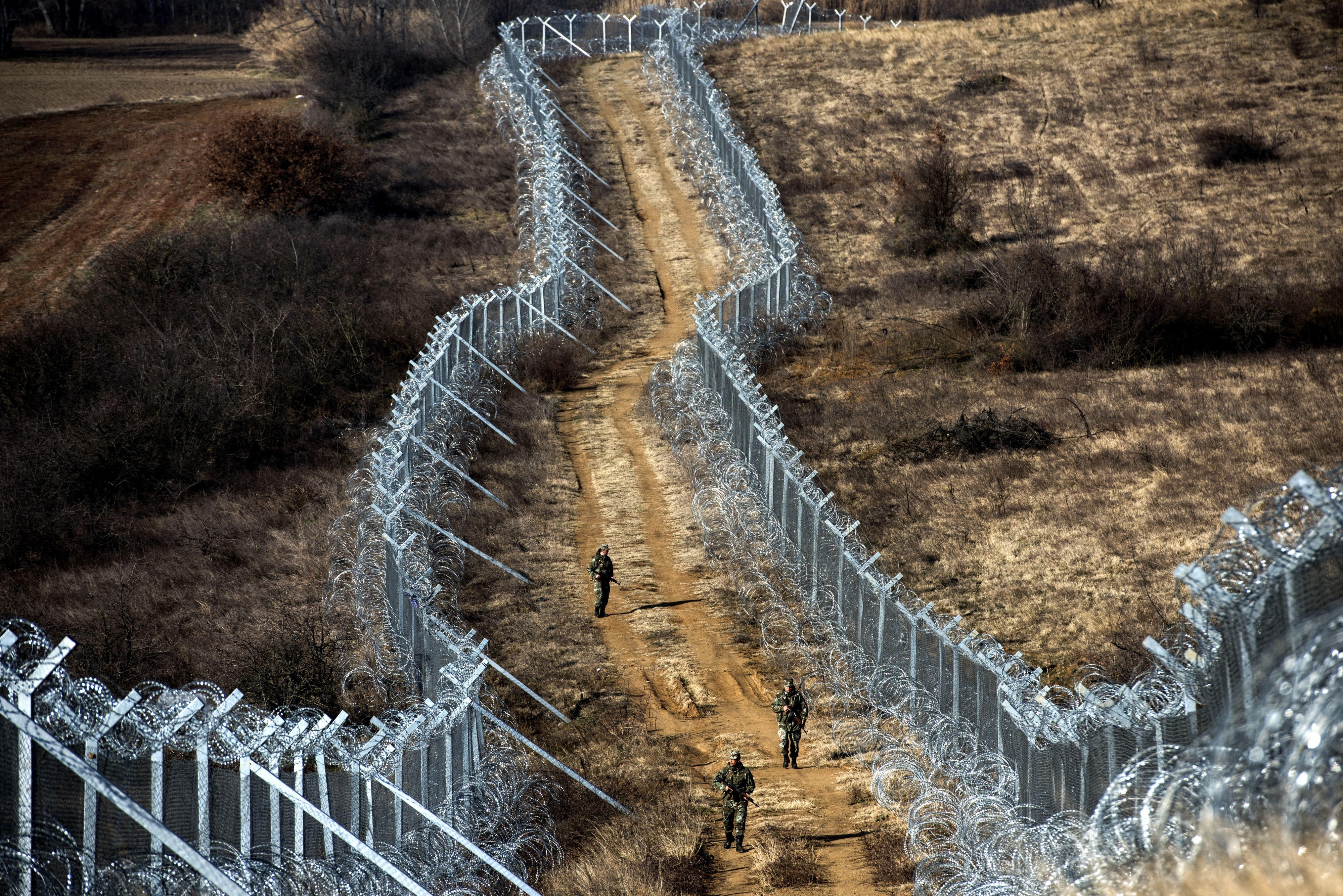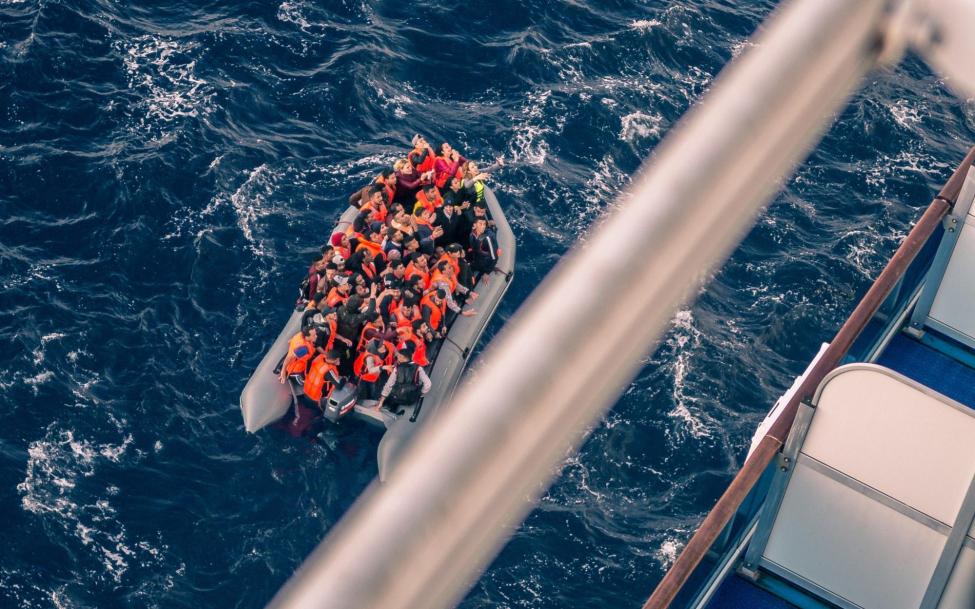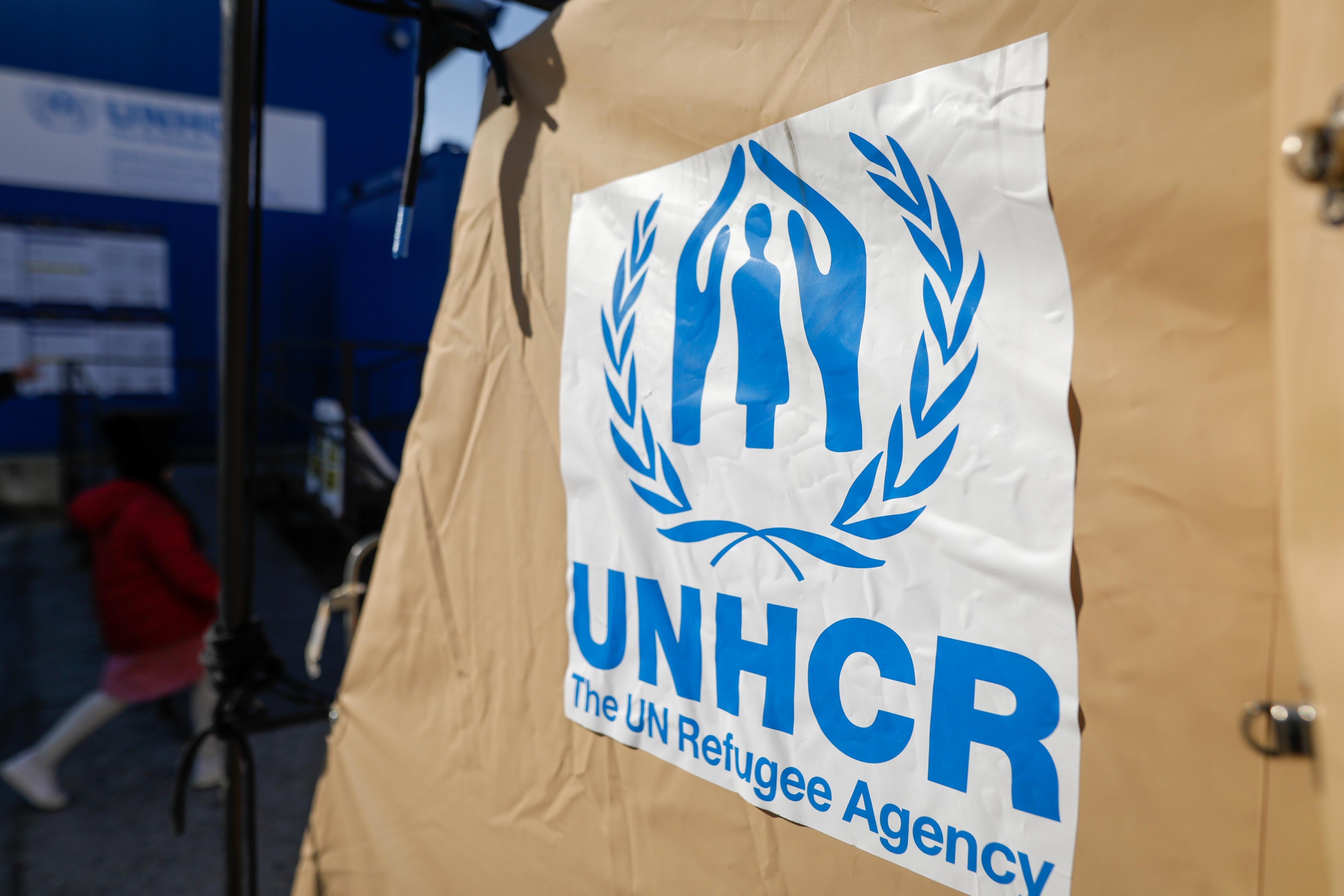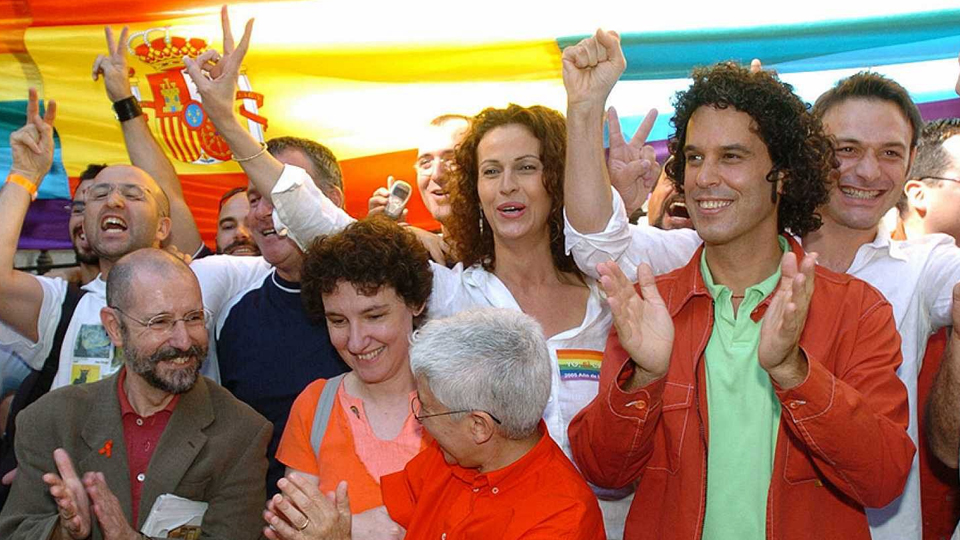In a move that has sparked global debate, Greece’s Parliament passed a controversial law in September 2025, imposing prison terms of two to five years on rejected asylum seekers who remain in the country beyond a 14-day departure window. This legislation, championed by Prime Minister Kyriakos Mitsotakis’ conservative government, reflects Greece’s increasingly stringent approach to immigration, particularly in response to a surge in arrivals from North Africa. For many immigrants, this policy underscores the challenges of navigating complex visa systems, adapting to a new culture, and building a life in a country grappling with economic and social pressures. This article explores Greece’s evolving immigration policies, the visa process, the personal experiences of immigrants, and practical advice for cultural integration, drawing on real stories and expert insights.
Greece’s Tough New Immigration Landscape
Greece, a key entry point for migrants into Europe, has faced significant pressure to manage irregular migration. In 2025 alone, nearly 25,000 migrants arrived by sea, a slight decrease from the previous year but still a challenge for a nation with limited resources. The new law, effective September 2025, targets rejected asylum seekers, mandating two to five years in prison and fines up to €5,000 for those who fail to leave within 14 days of a rejected asylum claim. Additionally, detention periods for undocumented migrants have been extended from 18 to 24 months, and the option for irregular migrants to legalize their status after seven years has been eliminated.
(Migration Minister Thanos Plevris, a vocal advocate for the policy, framed it as a necessary deterrent.
“We are accountable to Greek citizens, and Greek citizens want to be protected,” Plevris told MPs. “The message is clear: if your asylum request is rejected, you have two choices—go to jail or return to your homeland.”Critics, including the UN Refugee Agency (UNHCR) and Amnesty International, argue that the law risks criminalizing desperation and violating international protections like the principle of non-refoulement, which prohibits returning individuals to countries where they face persecution.(
The law also comes amid a temporary suspension of asylum applications from North African arrivals, enacted in July 2025 for three months, further limiting access to protection for vulnerable groups like Sudanese refugees fleeing conflict. This has left many in a state of legal limbo, facing detention or deportation without their claims being fully assessed.
(Why Greece Is Tightening Its Borders
Greece’s immigration policies are shaped by its role as a frontline state in Europe’s migration crisis. Since the peak of 2015, when over 850,000 migrants arrived, the country has struggled to balance humanitarian obligations with domestic pressures. A recent spike in arrivals from Libya to Crete and Gavdos—7,336 in the first half of 2025—prompted the government to act decisively, citing concerns over smuggling networks and economic strain.
(However, the policies have drawn criticism for their harshness. Human Rights Watch warned that the asylum suspension and jail terms “flout EU law” and could lead to abuses, including forcible returns to dangerous countries like Libya, where migrants face documented horrors in detention centers. The European Commission has yet to take a firm stance, though it noted the situation as an “exception” due to potential security concerns.
(Navigating the Visa and Asylum Process
For immigrants hoping to settle in Greece, the visa and asylum process is a labyrinth of bureaucracy, legal hurdles, and uncertainty. Greece’s Asylum Service received 57,891 first-time asylum applications in 2023, with numbers likely higher in 2025 due to ongoing global conflicts. Applications are processed through Multi-Purpose Reception and Identification Centres on islands like Lesvos, Samos, and Leros, but delays are common, and conditions in these centers can be dire.
(Step-by-Step Asylum Process:
1. Arrival and Registration: Migrants arriving without legal paperwork are detained for up to 24 months while their status is assessed. They must register at a reception center, where initial screenings determine eligibility for asylum.
2. Asylum Application: Applicants submit claims to the Asylum Service, providing evidence of persecution or danger in their home country. The process can take months, with appeals available but often delayed.
3. Decision and Appeals: If rejected, applicants have a right to appeal, but new policies limit this window. Rejected applicants face deportation or, under the new law, imprisonment if they remain.
4. Integration or Return: Successful applicants receive refugee status or subsidiary protection, granting access to employment and healthcare. Those rejected must leave voluntarily or face detention and forced return.
(Practical Tip: Seek legal aid from NGOs like I Have Rights or the Greek Council for Refugees, which offer free support for navigating applications and appeals. Document all evidence of persecution thoroughly, as incomplete submissions often lead to rejections.
Challenges in the System
The system is fraught with obstacles. Many asylum seekers, like Mohamed, a 23-year-old Sudanese man on Lesvos, report violent pushbacks by Greek authorities, including beatings and forced returns to Turkey without proper asylum assessments.
“They took us in the night, masked men in boats,” Mohamed shared, using a pseudonym for safety. “I was beaten and sent back to Turkey, but I came again because Sudan is not safe.”Such pushbacks, deemed illegal under international law, have been documented by NGOs and the European Court of Human Rights, which found Greece guilty of “systematic” violations in 2025.(
Additionally, the designation of Turkey as a “safe third country” for certain nationalities (e.g., Syrians, Afghans) means many applications are rejected without merits-based review, leaving applicants in limbo. With no readmissions to Turkey since 2020, these individuals risk detention or destitution.
(Personal Stories: Triumphs and Struggles
Behind the policies are human stories of resilience and hardship. Take Amina, a 29-year-old Syrian mother who arrived in Greece in 2023 with her two children. After a grueling journey through Turkey, she applied for asylum on Lesvos. “The camp was crowded, and we slept on thin mats,” she recalls.
“But the worst was the waiting—months without knowing if we’d be sent back.”Amina’s persistence paid off; she was granted refugee status in 2024 and now lives in Athens, where her children attend school through the UNICEF-supported All Children in Education program.(
Contrastingly, Ahmed, a 34-year-old Afghan, faced rejection after his asylum claim was deemed inadmissible due to the “safe third country” rule.
“I fled the Taliban, but now I’m stuck, no papers, no work, afraid of jail,”he says, living in an Athens squat with other rejected migrants. Ahmed’s story reflects the plight of many who face detention or deportation under the new law, with little recourse.(
Success stories, though, offer hope. Sami, a 27-year-old Egyptian, arrived in Greece legally on a work visa in 2022 to fill labor shortages in agriculture. “I learned Greek and made friends at the local market,” he says.
“It’s not easy, but I feel like I belong now.”Sami’s case highlights the potential for legal migration pathways, which Greece aims to expand to address its 200,000-worker shortage.(
Cultural Adaptation: Building a New Life
Adapting to Greek culture is a significant hurdle for immigrants. Greece’s homogeneous society, rooted in Orthodox Christianity and a strong national identity, can feel unwelcoming to newcomers. Language barriers, high unemployment (24.6% in 2015, though lower now), and xenophobia pose challenges, particularly for non-EU migrants. Yet, programs like the Emergency Support to Integration and Accommodation (ESTIA) have provided over 27,000 urban housing places, easing integration for vulnerable groups.
(Tips for Cultural Integration:
- Learn Greek: Enroll in free language courses offered by NGOs or municipal Migrant Integration Councils. Basic Greek opens doors to jobs and social connections.
- Engage Locally: Attend community events or volunteer with local organizations to build networks and combat isolation.
- Understand Customs: Greeks value family, hospitality, and direct communication. Small gestures, like sharing food, can foster goodwill.
- Seek Support: Connect with migrant communities through platforms like the Ministry of Migration’s Viber Community for updates and peer advice.
(For Amina, cultural adaptation meant embracing Greek traditions while preserving her identity. “I cook Syrian food for my Greek neighbors,” she says. “They love my baklava, and I love their souvlaki.” Her story shows how mutual respect can bridge cultural divides.
Legal Guidance and Policy Updates
Greece’s migration policies are part of a broader EU shift toward stricter controls. The EU’s Pact on Migration and Asylum, adopted in 2024, emphasizes solidarity and responsibility but has been criticized for prioritizing deportations over protection. Greece receives €1 billion from EU Home Affairs Funds (2021-2027) to bolster border management and reception centers, yet human rights groups argue these funds often support deterrence over humanitarian aid.
(The new law’s criminal penalties—unique in Europe—have drawn condemnation. UNHCR warned that penalizing asylum seekers whose claims are rejected as inadmissible (e.g., under the “safe third country” rule) risks punishing those with legitimate protection needs.
“Some provisions risk penalizing persons in need of international protection,”UNHCR stated, urging Greece to align with EU law.(
Legal Tips for Immigrants:
- Know Your Rights: Under EU law, you’re entitled to apply for asylum and appeal rejections. Seek legal aid immediately to avoid procedural errors.
- Avoid Illegal Stay: With the new law, remaining after a rejected claim can lead to imprisonment. Explore voluntary return programs like the Assisted Voluntary Return and Re-integration scheme (AVRR) if needed.
(- Monitor Policy Changes: Stay informed via the Ministry of Migration’s Viber Community or NGOs, as policies shift rapidly.
(The Human Cost of Policy
The human toll of Greece’s policies is evident in stories like Mohamed’s, who fears detention after surviving pushbacks.
“I just want a chance to live safely,”he says, echoing countless others. Meanwhile, locals like Andreas, a Cretan business owner, express mixed feelings:
“We feel sad for these people, but… people think this place is full of immigrants; no beaches available, no place.”This tension reflects the broader challenge of balancing local concerns with humanitarian obligations.(
Human rights defenders also face risks. A UN expert noted in 2022 that Greece’s migration policies create a “suffocating effect” on NGOs, with defenders facing smear campaigns and criminalization for aiding migrants. This climate complicates advocacy and support for immigrants.
(Looking Forward: Opportunities and Hope
Despite challenges, Greece offers opportunities for those who navigate the system successfully. The country’s labor shortages, particularly in agriculture and construction, create demand for migrant workers. Legal migration pathways, expected to be detailed by July 2025, aim to address this need while reducing irregular arrivals.
(Programs like ESTIA and UNICEF’s education initiatives show progress. Over 12,230 migrant children have enrolled in Greek schools since 2020, signaling a commitment to integration. For immigrants like Sami, these opportunities mean a chance to thrive.
“Greece gave me a future,”he says, now running a small produce stall in Thessaloniki.(
Yet, the new law’s harsh penalties loom large. For rejected asylum seekers, the threat of jail or deportation adds fear to an already precarious journey. As Greece navigates its role in Europe’s migration framework, the stories of Amina, Ahmed, and Sami remind us that behind every policy are individuals seeking safety, dignity, and a place to call home.



















0 Comments